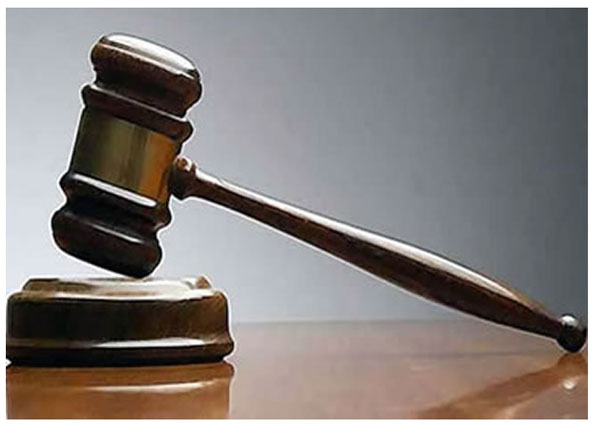
Masaka, Uganda | THE INDEPENDENT | A section of religious leaders has asked the government to consider establishing a specialized court that deals with specific disputes arising in religious institutions.
During a regional consultation on the RFOs draft policy by the Directorate of Ethics and Integrity held in Masaka city, the religious leaders proposed that the government either allocate them a specialized court or recognize their internal dispute resolution mechanisms, to save them from the long-tedious processes in the judicature.
The proposed policy seeks to among other things, establish minimum academic qualification and competence of all religious leaders, submitting to government financial audit reports by all religious and faith organizations, that are intended to ensure that their practices align with the principles enshrined in the constitutions to ensure that the followers are not prone to any dangers.
Pius Kabiswa Kirwowa, the Greater Masaka delegate of the National Born Again Faith Federation, says that the civil justice system cannot appropriately adjudicate on matters of faith, arguing some of the judicial officers are not fully acquainted with the dictates of the different religious doctrines, hence the escalation of the emerging disputes.
He prefers that the government fully acknowledges the different internal dispute-resolution mechanisms that are specific to religions, or institute a special court within its system where religious-related disputes are resolved, based on the principles of each faith.
Martin Kabazarwe, the Vice President of the Church of Jesus for Later Day Saints Kijjabwemi, Masaka also suggests that religious leaders be allowed some level of self-regulation, calling upon the government to support them to build the required capacities to harness their growth.
According to him, faith-based organizations complement the government’s efforts in the delivery of social services such as education and health; hence, the a need to strengthen partnerships rather than focus all its efforts on tight regulation and targeting them for taxes.
Reverend Father Doctor Edward Ssekabanja, the Chairperson of Masaka Catholic Diocesan Ecclesiastical Court proposes that the new policy emphasizes the decision-making positions of different religions as foundation bodies of the institutions of social service delivery points, such as schools and health facilities.
He argues that the although government makes partnerships in which it manages the different religious-founded institutions, it should not sideline the foundational bodies while making decisions, to avoid unnecessary clashes.
Alex Okello Gwagamoi, the Permanent Secretary in the Directorate of Ethics and Integrity under the Office of the President says they are still consulting with all stakeholders to pick the views before a final regulation is generated.
According to Gwagamoi, the new policy is intended to streamline the operations and activities of religious and faith organizations to avoid horrible eventualities that have led to the loss of lives of believers or situations that can put communities at risk as they practice faith.
He explains that through the new policy, the government is looking forward to ensuring that faith and religious leaders remain responsible while executing their mandate and can be held accountable for all their actions.
****
URN
 The Independent Uganda: You get the Truth we Pay the Price
The Independent Uganda: You get the Truth we Pay the Price



